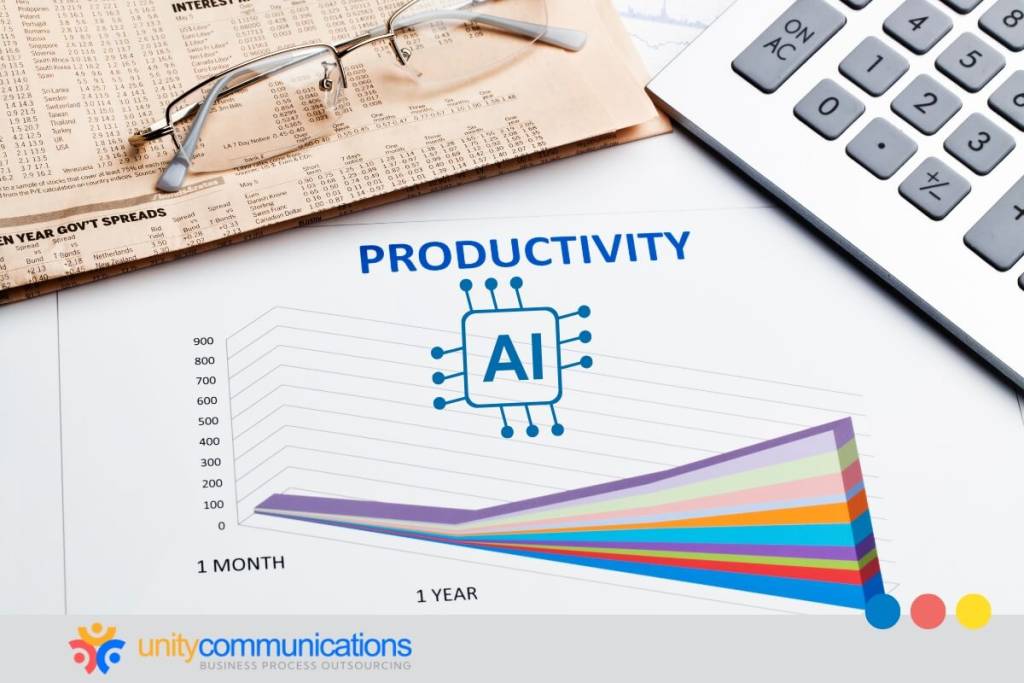Artificial intelligence (AI) revolutionizes the modern workplace, particularly in customer service and knowledge work. But two recent studies point out a growing concern: while AI accelerates productivity, it might drain employee motivation and degrade customer experience if not managed wisely.
A Harvard Business Review (HBR) study found that generative AI (GenAI) tools significantly enhance output quality and efficiency in drafting performance reviews, emails, and brainstorming ideas.
Meanwhile, in analyzing AI’s role in customer experience (CX), CX Strategist Tom Lewis highlights how agentic AI, capable of independent decision-making, transforms service delivery. Still, he warns that technology alone is inadequate.
The productivity paradox: faster work, weaker engagement
In the HBR study involving over 3,500 professionals, GenAI tools enabled workers to produce more thoughtful, analytical, and emotionally intelligent content. However, researchers found that switching from GenAI-assisted to non-AI tasks reduced motivation by 11% and increased boredom by 20%.
“AI often removes the challenging parts of a task—the very elements that make work meaningful,” the researchers said.
Employees reported feeling less in control, disconnected, and less satisfied when using AI in the workplace. This pattern could lead to chronic disengagement or burnout if workflow isn’t thoughtfully redesigned.
CX transformation demands a human-centric strategy
On the customer service front, agentic AI enables organizations to automate up to 80% of service issues, according to Gartner projections. But Lewis stressed that simply adding the tech to existing systems risks automating broken experiences. “Customers don’t care about AI—they care about speed, ease, and personalization,” he said.
Lewis advocates for rebuilding customer journeys around human needs, using AI as an enabler rather than a fix-all. He points to successes with AI-augmented customer relationship management (CRM) systems but also cautions that flawed legacy processes still undermine results, even with advanced tech overlays.
Human oversight and workflow balance are critical
Both studies converge on a central truth: the long-term success of AI in the workplace hinges on intentional design. For customer-facing applications, this means embedding human oversight into AI governance to prevent errors and preserve empathy. Employee workflow means rotating between AI and solo tasks, preserving autonomy, and assigning creative ownership.
As CX outsourcing adapts to AI efficiencies, human agents will increasingly handle emotionally complex tasks. The future of work and customer service will not be defined by AI alone but by how thoughtfully businesses integrate it with human insight, judgment, and motivation.
Read more Unity Communications and industry news on our main BPO News page.
Briones, J. A. (2025, May 19). AI transforms customer service, but expert stresses human oversight. Outsource Accelerator. Retrieved May 21, 2025, from https://news.outsourceaccelerator.com/ai-in-customer-experience/
Advisory Board. (2025, May 15). The pros and cons of using generative AI at work. Retrieved May 21, 2025, from https://www.advisory.com/daily-briefing/2025/05/15/ai-workplace







